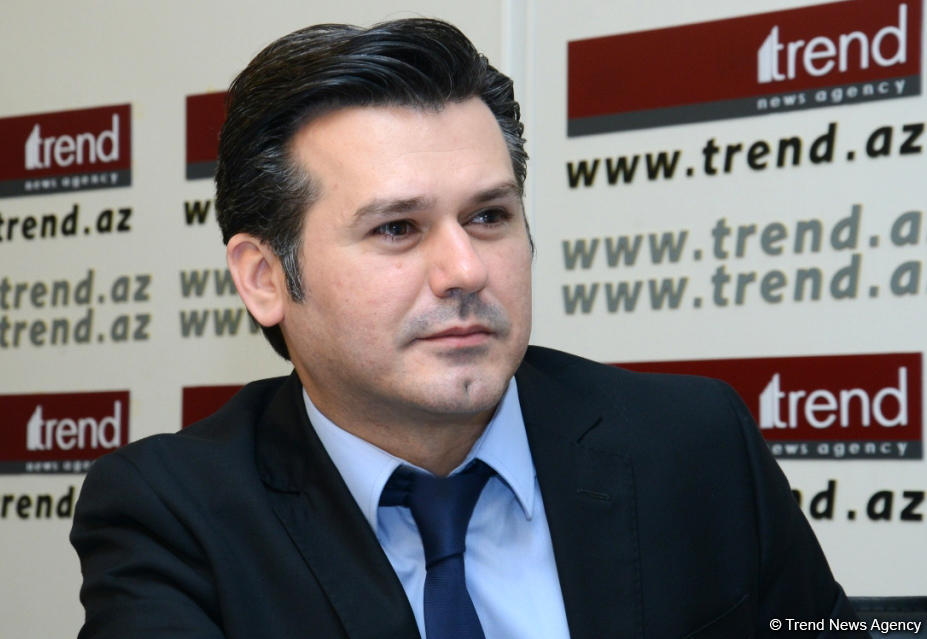Baku, Azerbaijan, March 14
By Rufiz Hafizoglu – Trend:
Seven years ago, on March 15, 2011, people of Syria’s Daraa city, inspired by the so-called Arab Spring in Tunisia, Libya and Egypt, launched mass protests.
In April, protests covered almost all cities of Syria. Afterwards, the Syrian Armed Forces entered Daraa, which led to a split in the army.
Instability in Syria and interference by a number of countries in the internal conflict further aggravated the situation in the country.
In January 2014, the terrorists of the so-called Islamic State (IS) seized one of the biggest cities in Syria - Raqqa, declaring the city the capital of their "Caliphate".
But not only the supporters of the "Caliphate" have been a problem in Syria all these years, but also the Syrian wings of the Kurdistan Workers’ Party (PKK) - Kurdish Democratic Union Party (PYD) and the People’s Protection Units (YPG) - which are also a threat to the entire region.
Today, Syria is on the verge of collapse. About five million citizens of the country are refugees in neighboring countries. There are about 3.5 million Syrian refugees in Turkey. There are about 500,000 Syrian refugees in Turkey’s Sanliurfa province, with a population of 1.8 million people.
About 300,000 Syrians live in the refugee camps in Turkey. The rest are scattered throughout the country's provinces and cities. Presently, 40,000 refugees from Syria live in Istanbul.
Moreover, there are also many Syrian refugees in such countries as Jordan, Iraq and Lebanon. Syria’s total population before the conflict was 20 million people.
The death of people is only a visible part of the war. During military conflicts conditions for other problems, such as organ trafficking also arise. Presently, this is a serious problem not only for Syrian refugees outside Syria, but also in Syria itself.
Moreover, there are many facts when the Syrian refugees trying to break out of poverty, voluntarily sell their organs. This mainly occurs in such countries as Turkey, Jordan and Iraq. Those willing to sell their organs receive $6,000 for the sale of the valuable "goods" (mainly kidney).
In anticipation of a "spring", Syria, which was one of the most tolerant countries in the Middle East, where there were no problems between Shiites and Sunnis and between representatives of other religious concessions, has turned into a real hell on the Earth.
---
Rufiz Hafizoglu is the head of Trend Agency's Arabic news service, follow him on Twitter: @rhafizoglu






